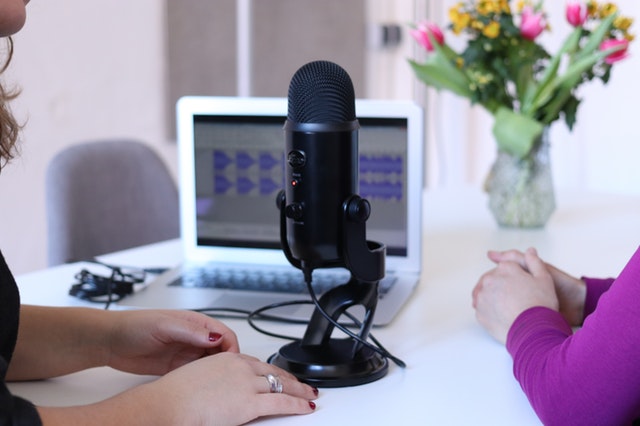
Important Tax Deadlines & Events (Updated For 2025)
It is crucial to stay on top of key tax dates to keep your financial affairs in order. Here’s a friendly reminder of the important tax deadlines this year.


It is crucial to stay on top of key tax dates to keep your financial affairs in order. Here’s a friendly reminder of the important tax deadlines this year.

Discover the suggested reimbursement rates for employees’ private mileage using their company car.

Now is the perfect time to review your finances and make sure you’re making the most of available tax reliefs and allowances.

It is that time of year again for staff parties and annual functions, so it is important to make sure you record it properly.

Whilst divorce can be very unpleasant, it is important to seek specialist advice to ensure you understand your tax position, have no hidden surprises and do not miss the opportunity to save tax. It can also be difficult with HMRC. We have outlined some implications to consider when going through with a divorce.

HMRC are being urged to provide clarity and consistency on the tax treatment of commercial vehicles such as VW Kombi Vans marketed as goods vehicles. The need for clarity follows the ruling in an important tax tribunal case involving “vans” provided to employees of Coca Cola.

As you start on your own there are many things to consider. One of the important questions to really think through is whether you will operate as a self-employed sole trader or set your business up as a limited company. Below we will highlight some of the differences of each.

Firstly, what is VAT? VAT, or Value Added Tax, is levied on the sale of goods and services in the UK. It is a type

When you first think of an accountant you think of them being very different to you and your business. Well that is not entirely true.

From 1st October 2019, VAT-registered firms who are reporting under the Construction Industry Scheme (CIS) will see a major change to the way VAT is collected.

Cash is King! The lifeblood of any business is its ability to collect cash and pay bills as well as pay its employees, particularly its owners.

There is currently a very generous 100% relief from inheritance tax for passing on businesses and farm land during lifetime and on death. The rationale

A recent case before the tax tribunal saw the liability for a late VAT registration penalty being passed on to a manager of the company.

PAYE settlement agreements (PSAs) are arrangements under which an employer can settle the income tax and National Insurance liabilities on benefits in kind and expenses

Gifts and awards of shares in companies, often known as employment related securities (ERS) are commonly used by employers to reward, retain or provide incentives

Last month we looked at tax planning to minimise or eliminate the high income child benefit to keep both husband and wife (or civil partners)


Extracting profit from the family company The start of the new tax year means that shareholder/ directors may want to review the salary and dividend

Land and Buildings Transactions Tax is the Scottish equivalent of Stamp Duty Land Tax. For residential properties, the rates and bands for land and buildings





